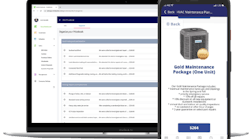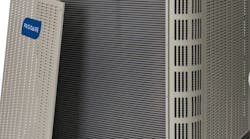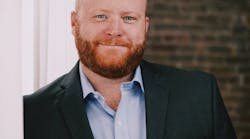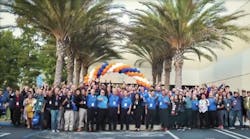Building codes, emission reductions, equipment standards and tax policy are all issues we're not surprised to be debating at the federal level these days; but if 2008 is any indication, local politics will affect HARDI members far more in the future. Major efforts at the federal level to significantly affect national policy on these fronts have largely been only moderately successful at best. For example, national model building codes still remain intact, the strongest effort to establish a federal greenhouse gas emissions policy was soundly defeated in June, and efforts to expand employee benefits and corporate taxation have not proceeded dramatically in Congress. Equipment standards have thus far managed to avoid further changes since 2006 despite intense efforts by efficiency advocates to the contrary. A window is now open for regionalization of standards, yet the regulatory hurdle remains a very high one.
Unfortunately, in light of failure to drastically alter, increase or strengthen legislation and regulation on these fronts that HARDI generally considers detrimental to its distributor members, proponents of these measures have turned more aggressively to the state and local levels to advance their agendas. States like California and potentially New Jersey have pursued aggressive expansions on employer paid leave policies. New Jersey and Tennessee continue to follow several Northeastern states with higher equipment standards, and cities in Texas, California and New Mexico have passed very aggressive building codes. State emission-reduction mandates that could include refrigerant gases are becoming more common.
The Albuquerque Energy Code issue is a strong example of the big implications of local actions. The decision of the city's council and mayor to directly challenge the federal preemption of HVACR equipment standards is exposing the industry to unexpected legal costs, the local members to negotiations they cannot be expected to be prepared for and the entire country to an opening of floodgates associated with the degradation of federal preemption law that covers a wide range of products and regulations. HVACR trade organizations (and especially HARDI) lack the infrastructure required for the potentially endless state and local battlefronts that our industry could face if this local activism continues. The only sustainable answer is for our own local activism.
City councils and the sprouting of “green commissions and committees” all over the United States provide valuable opportunities for HARDI members to represent their companies, their industry and their role as vital wholesale distributors in a channel traditionally defined by its manufacturers, engineers and installers. This is not easy, and it will be time-consuming (and often frustrating), but HARDI will gladly support your efforts. I've said for two years now that those members who engage themselves will have a distinct advantage over those who do not, and never before has that been truer. Join local green building organizations, subscribe to local and state government communications, and engage your state agencies. Once they know you, they will start to involve you, and you'll be playing offense instead of defense.
Talbot Gee is vice president of HARDI. Contact him at 888/253-2128 or [email protected].





